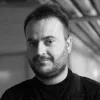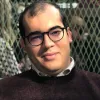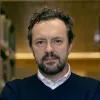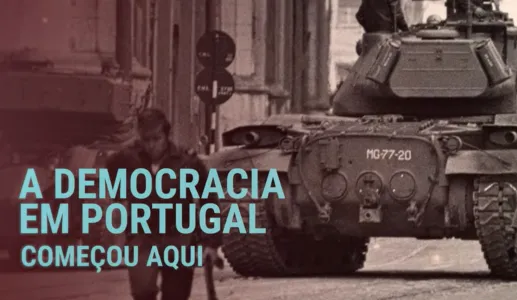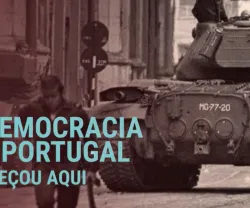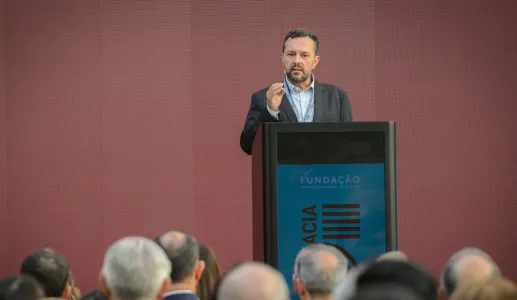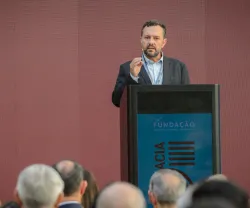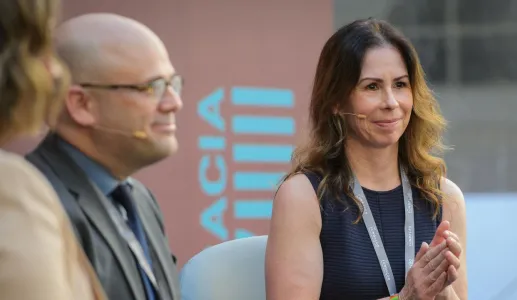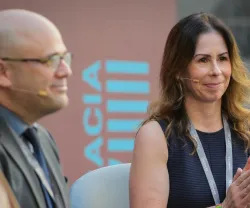Voting is much more than marking a cross on a ballot paper. It's «renewing our vows with 25 April and with this right that took so long to win», says artist and rapper Capicua. It's a decision that shapes the future and an obligation to the past, a past that restricted freedom of expression, persecuted critics and prevented citizens from choosing their representatives.
«I try to imagine what it was like to live before democracy and I can't imagine how horrible it must have been. I cannot conceive of that kind of curtailment of freedom», says Ricardo Araújo Pereira.
The comedian and the rapper are joined by Pedro Magalhães, António Costa Pinto, Rui Medeiros, Alice Cunha, Leonor Beleza, José Santana Pereira, Nuno Markl and Susana Coroado in what is the first of a series of eight mini-documentaries revealing what the revolution has changed and what promises and challenges Portuguese democracy still faces.
A democracy that was born on 25 April 1974, has taken decades to mature and remains a work in progress.
A democracy that can boast many achievements such as the end of censorship, increased civil rights and entry into the European Union, to give just a few examples.
A democracy that has consolidated itself by overcoming periods of intense political turmoil – such as PREC – and, more recently, has stood firm in the face of the rise of populism.
It is a democracy that, however, still faces many challenges: increasing abstention, disenchantment caused by suspicions of corruption in politics and poor civic participation, as revealed by various indicators.
Is the Portuguese democratic regime in crisis? If so, what can be done to improve it? This 23-minute documentary focuses not only on the last half-century of Portuguese democracy, but also on what is needed to make it stronger and younger: A participatory system in which young people feel they have a voice and which is worth getting out of the house for on polling day.
11
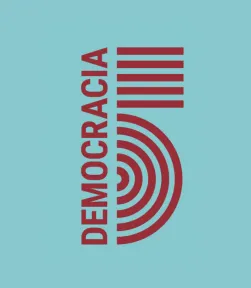
Portugal has changed drastically over the last 50 years. Almost five decades on, what profound changes have taken place in the country? And what lessons should we learn to improve the future?
The Foundation has an extensive program to reflect on what has changed and what measures still need to be implemented to improve national democracy.
The programme begins at the Carmo Barracks where the regime fell – with the event "Five decades of democracy, what has changed?" – and extends to more debates, a series of eight mini-documentaries, documentaries, publications and studies, which will allow us to think about and build the collective future.

